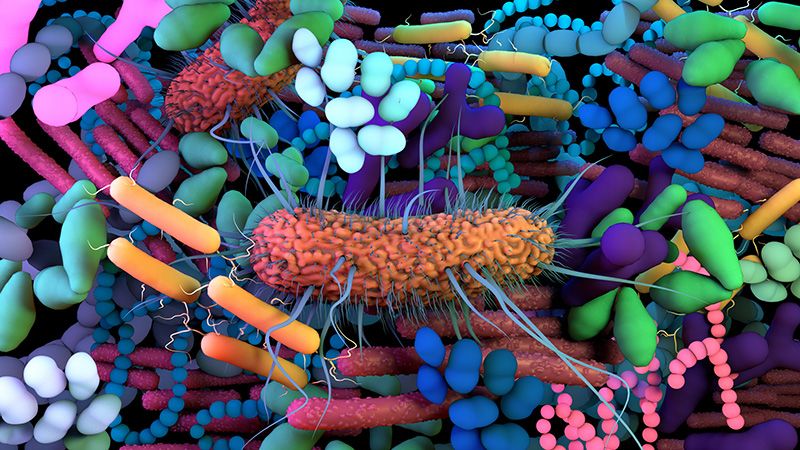Investors representing nearly £10trn ($13trn) in combined assets have signed a statement urging global leaders and policymakers to take action to curb the spread of antimicrobial resistance (AMR).
The call to action was released by the Investor Action on Antimicrobial Resistance (IAAMR) initiative – a £57trn ($75trn) backed FAIRR investor network – ahead of the UN General Assembly’s High-Level Meeting on AMR later this month.
The 80 investor signatories, including Legal & General Investment Management (LGIM), are calling on global leaders and policymakers to act on seven critical asks for tackling AMR. This encompasses science-based guidance and targets, effective stewardship and a ‘One Health’ approach considering the interplay between animal, human and environmental health.
AMR is recognised as a leading threat to global health and the economy. Without substantial action, AMR-related treatments and productivity losses are estimated to cost between £314bn ($412bn) and £337bn ($443bn) respectively per year by 2035, and AMR claimed 1.27 million lives in 2019, more than both HIV/AIDS and malaria in 2019.
Despite the current lack of an international framework, awareness among policymakers is also growing. Earlier this year, the UK government pledged £85m to support the research and development of new antibiotics, improve global health infrastructure, and strengthen surveillance systems to accurately monitor AMR threats.
Jeremy Coller, founder and chair of FAIRR, said: “Investors have urged leaders to take action to curb the spread of antimicrobial resistance (AMR) as they recognise the investment risk AMR poses to many companies in the global food supply chain.
“Companies – from pharma to pork producers – take advantage of lax regulations allowing the routine use of antibiotics in animals enabling them to cut corners in animal welfare, while diminishing antibiotic effectiveness in humans. An estimated 80% of antibiotics are administered to livestock rather than people in the United States alone. Investors recognise that AMR is not only a threat to the health of our people and planet, but to the financial well-being of those who rely on investment returns to fund their retirements.”
Dame Sally Davies, UK special envoy on Antimicrobial Resistance (AMR), added: “This September will see a High-Level Meeting on AMR at the United Nations in New York. This will be an opportunity for all sectors to mobilise together against this economic emergency. Investors have a crucial role to play to collectively chart a path forward to health, food and economic security.
“The Investor Action on AMR initiative is driving action and I call on all investors to join us in working across sectors to tackle the inter-generational AMR pandemic.”








